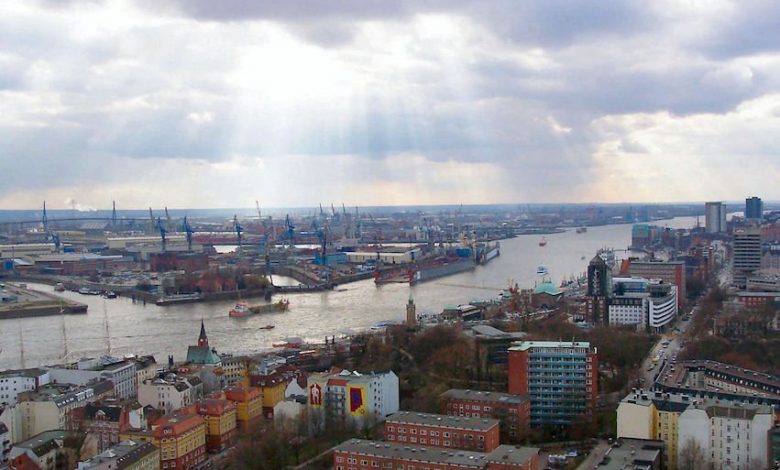Germany paves way for green hydrogen future

After six months of inter-ministerial debates, and two weeks of last minute haggling, the German government finally adopted its national hydrogen strategy yesterday – something that has significant repercussions for the shipping community.
With planned investments of at least EUR9bn as unveiled in last week’s economic stimulus package, Germany is set on becoming the global leader in scaling up green hydrogen technologies.
Germany is also expected to sign a contract with Morocco today on an agreement on a green hydrogen alliance, including a first green hydrogen production facility in Morocco, as part of its plan to meet much of its domestic demand via imported shipped green hydrogen.
With the new focus on green hydrogen Germany aims to secure a promising growth and export market, create domestic value chains and hundreds of thousands of jobs while decarbonising its economy.
Germany wants to focus the use of hydrogen on shipping, aviation, heavy goods transport and industry, starting with the steel and chemical industries. These sectors will be the first to benefit from market incentives to make green hydrogen competitive.
Last week it emerged Germany is giving its shipping industry EUR1bn in green stimulus funding.
Felix Heilmann, a researcher at climate think tank E3G, commented: “Germany’s hydrogen strategy shows that one of the world’s largest fossil gas consumers is preparing for a future without it. The government’s recognition that only green hydrogen from renewable sources is sustainable reduces the long term risk of fossil gas surviving through the back door.”

At last a realistic and holistic approach to the adoption of Hydrongen and hats off to Germany for this visionary approach. The Maritime Industry has for years allowed itself to be led up the garden path with “cheap quick fixes”. How could scrubbers be any real solution, can bio fuels really be anything but a PR exercise? LNG a good interim measure but with exceptions such as CMCGM, an absence of leadership in creating the supply network-especially from the main LNG producers.